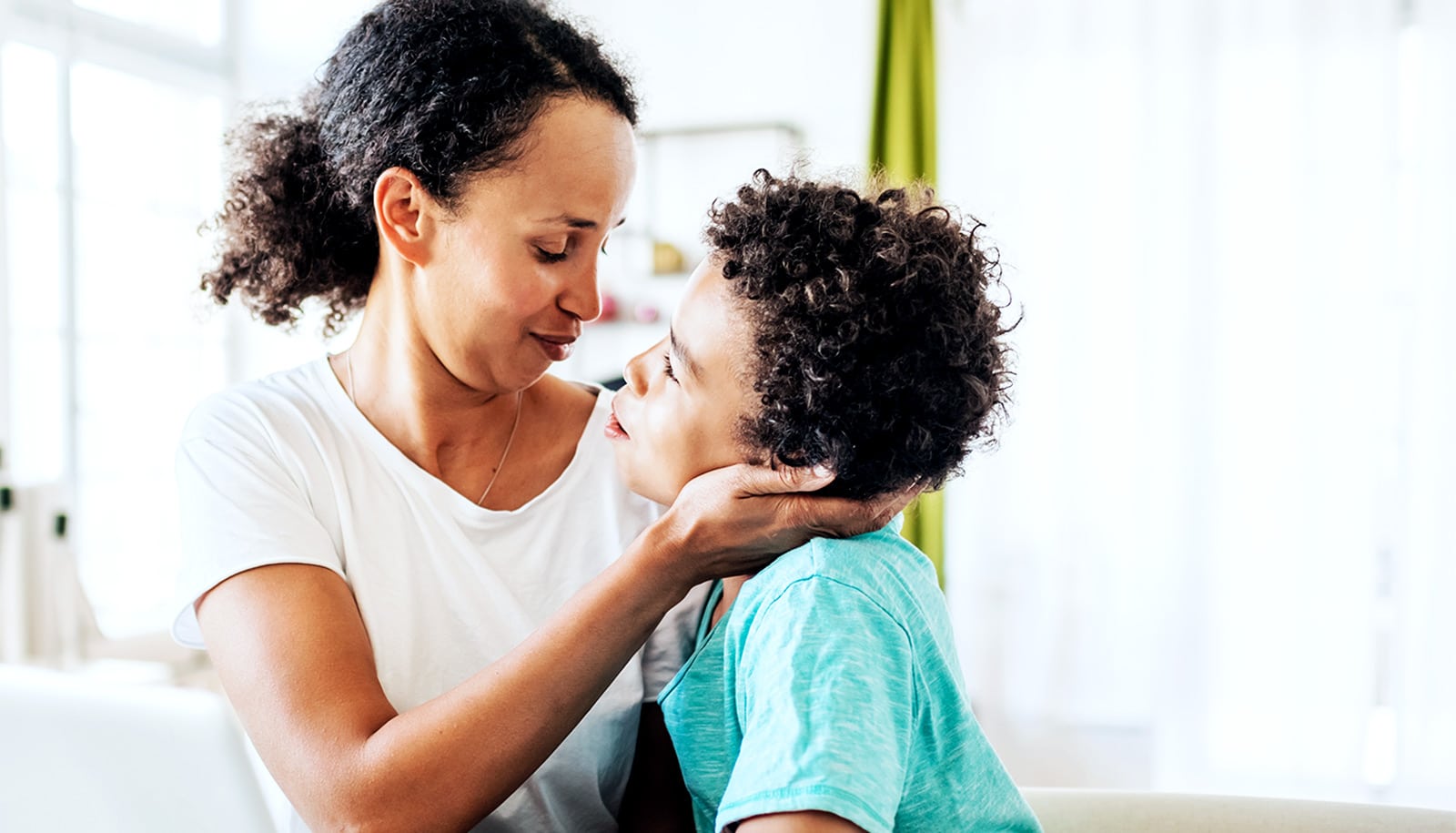A family-centered approach for the treatment of attention deficit hyperactivity disorder in children shows positive results in reducing behaviors such as inattention, hyperactivity, and impulsivity, a new study shows.
In the United States, diagnoses of the disorder, known as ADHD, in children have increased dramatically in recent decades, affecting 6-7% of children and adolescents. One of the most common mental disorders affecting children, ADHD is often treated with medication, especially stimulants that help to modulate dopamine and norepinephrine in the brain.
For the study, published in Ethical Human Psychology and Psychiatry, researchers assessed the efficacy of the treatment, called the Nurtured Heart Approach, for the treatment of ADHD behaviors.
“In light of the COVID-19 pandemic, parents and practitioners may be looking for ways to learn new approaches while keeping their families safe and healthy,” says lead author Velia Leybas Nuño, assistant professor in the University of Arizona College of Public Health.
“The online Nurtured Heart Approach showed improvement by training parents, rather than a direct child-focused treatment approach, and thus could be diffused throughout the family, potentially yielding benefits for other children within the household,” says coauthor Bridget Murphy, a research program administration officer in the College of Public Health’s Center for Rural Health.
Fewer ADHD behaviors, less parental stress
All of the parents who participated had children who were between the ages of 6 and 8 and were diagnosed with or suspected of having ADHD. Researchers randomly divided the parents into two groups: One group underwent weekly online Nurtured Heart Approach training sessions for six weeks while the other did not. Once the first group completed their training, the second group completed the Nurtured Heart Approach training. This way both groups participated in the training, but at different times.
The researchers based the results on parents’ reports about their child’s ADHD behaviors using the Conners 3-Parent Short Form, an established tool that measures ADHD-type behaviors including inattention, hyperactivity/impulsivity, learning problems, executive functioning, defiance/aggression, and peer relations.
“Inattention, hyperactivity, and impulsivity are the primary reasons parents and educators refer children for evaluations and the resultant ADHD diagnosis. Our study found significant improvements in ADHD behaviors as reported by parents,” Nuño says.
“We were hoping to see improvement in inattention, hyperactivity, and impulsivity, and we did. But we also saw improvement in executive functioning and learning problems. Additionally, we saw a reduction in parenting-related stress.”
Of the children who originally scored high in inattention, 31% showed significant improvement to the point that their scores were no longer considered high. Also, 11% of children who originally scored high in hyperactivity/impulsivity significantly improved to the point that their scores were no longer considered high.
Parent-child relationship
Tucson family therapist Howard Glasser developed the Nurtured Heart Approach based on two decades of experience working with families, teachers, and mental health professionals. The most commonly used treatment for ADHD is medication; however, the clinical recommendations are behavioral therapy or medication.
The approach works toward reducing ADHD behaviors, but also building a relationship between parents and children that in turn promotes confidence and self-worth in children.
Glasser founded the Children’s Success Foundation, which has trained parents, teachers, caregivers, and mental health professionals in the Nurtured Heart Approach. The Children’s Success Foundation partially funded the study after one family who benefited from the approach pledged funds and challenged individuals and groups to match their donation. The result was an overwhelmingly positive response.
“Our study presents an approach to working with children with ADHD behaviors which focuses on changing behaviors through parent-child relationship,” Nuño says. “We hope to expand our study to reach more parents and older children. We would like to work in partnership with schools, behavioral health agencies, and pediatricians and family practice doctors to share these findings.”
Source: University of Arizona



